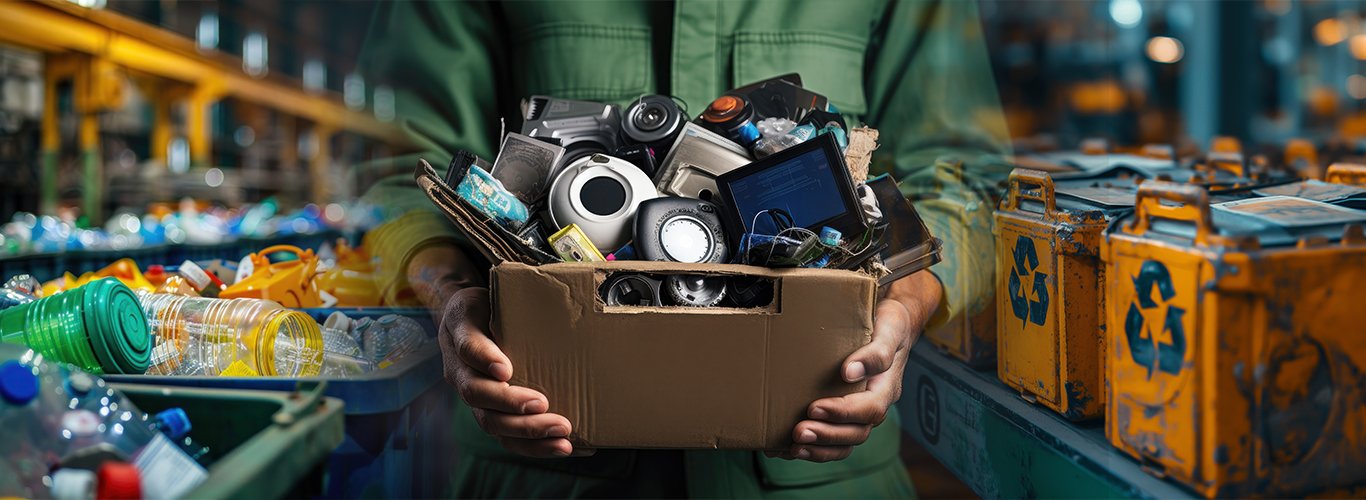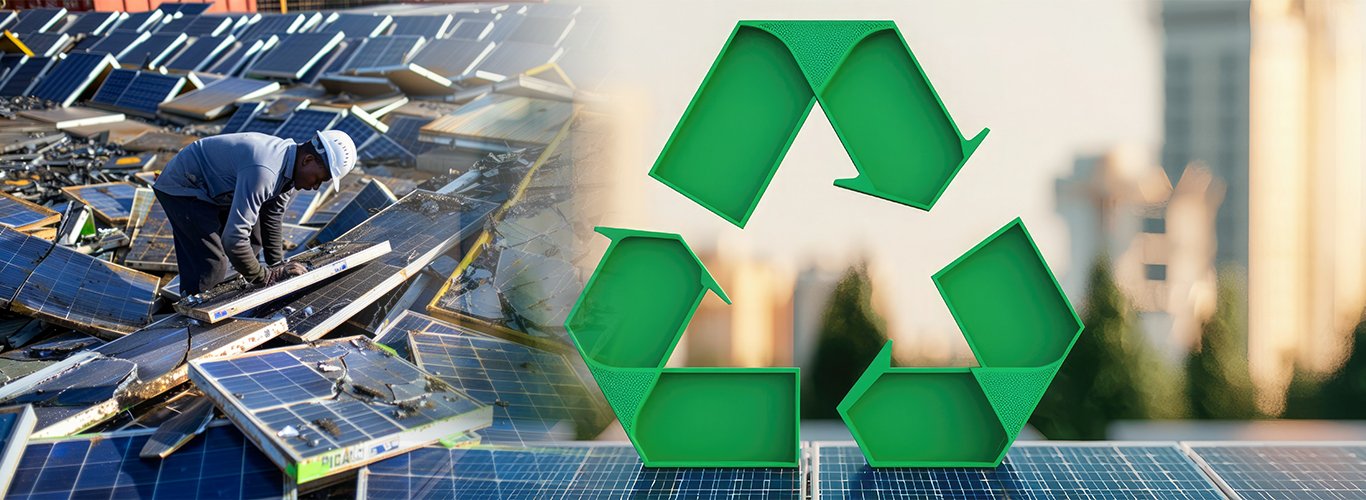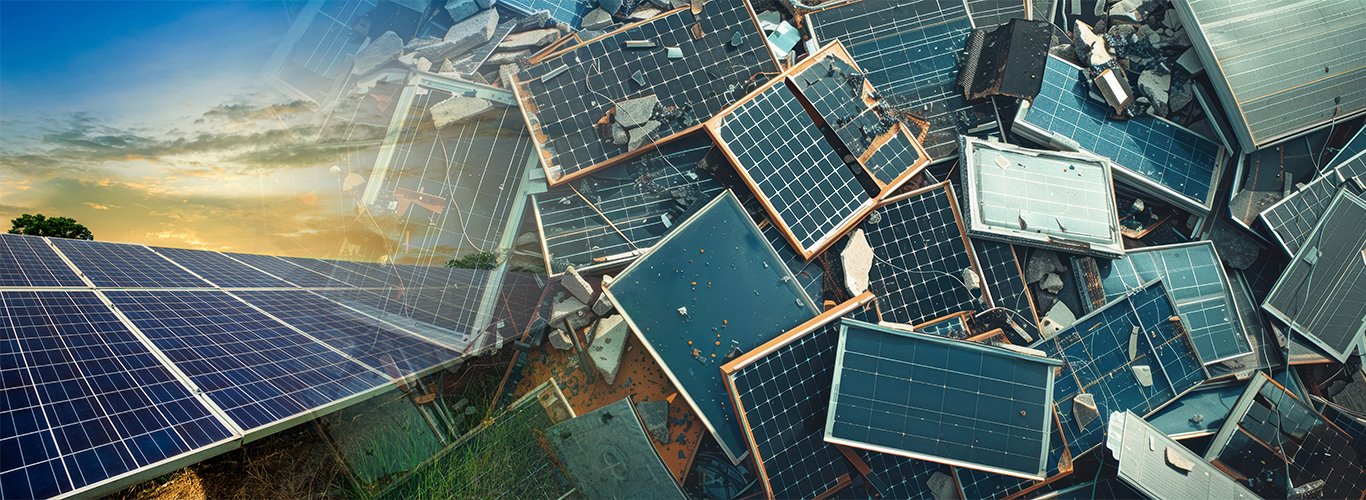
A Wakeup call for waste management in India
Waste management in India has been an eminent crisis with the rising population extending waste territory. The utilisation of products comes before the consumers as excessive consumption garners the spotlight. Proper waste collection provides a safeguard from the heaps of uncontrolled production of waste. India possesses one of the largest populations in the world hence our country deals with complications of improper disposal. Consequently, the issue has been overlooked and brushed off by individuals and organisations leading to critical implications on the environment and health.
Tracking Challenges of Waste Management
Recycling is aimed at suitable techniques and tactics to collect, transfer, and dispose of trash created on all levels. Inadequate handling of resources in India leaves citizens to opt for practices that cause hazardous situations.
Collection and Infrastructure
The process brings multiple challenges for waste management in India as the procedures require transporting such toxic elements in a supervised and cautious way. The scarcity of adequate infrastructure diverts the citizens to resort to littering and dumping. These practices contribute to outbreaks, pest infestation, and harm to animals. The accumulated waste particles when carried by insects from one place to another cause public health threats.
Finance
Lack of monetary assets to deal with waste poses a challenge and waste management organisations are inclined towards cheap and unethical methods to get rid of collected trash. Efficient waste management in India will require funding for accessible equipment and resources to carry out the processes.
Technology
The current waste management process needs both manual and machinery techniques to validate that processes aim to improve recycling. A lot of recyclers use labour-intensive techniques and don’t comply with the step-by-step operation of recycling stated by the government to ensure safety measures. Manual processing increases the cost of operation and also harms the health of individual workers dealing with toxic waste.
Circumstances
India’s large population is dealing with much larger landfill problems as appropriate disposal is considered a tedious inconvenient task. The complexity is only increased based on circumstances followed by lack of availability. Rural regions of India are prominent prey of unavailability as communities are not well aware of the disposal process nor have good connectivity to recycling plants.
Advancing Economic, Social, and Environmental Progress through Waste Management
Planned management is the solution to major havoc created by heaps of trash and used products. It emerges to redeem the deteriorating earth from greenhouse gases and climate change. Reducing litter greatly impacts society and the environment by minimising the environmental impacts of human activities. Following lawful techniques to recycle can divert it from landfills and flames. We conserve our locality’s natural balance as the harmful substances won’t seep into soil and water to cause contamination. Recycling and repurposing establishes resources as a product of use once again. When already existing resources are mitigated into valuable resources the creation of new resources is reduced hence saving energy consumption and preserving assets. It takes a community of conscious individuals to team up and establish a circular economy through efficient waste management in India.
Conclusion
India’s ever-increasing population creates a recycling rift between used resources and recycling facilities. Consumers have been vastly creating stacks of unceasing waste. The challenges lie with more than just disorganised waste management in India. Deshwal follows a suitable procedure for waste collection and disposal. Our facilities are occupied with ideal infrastructure and machinery to recycle with safety and convenience.




